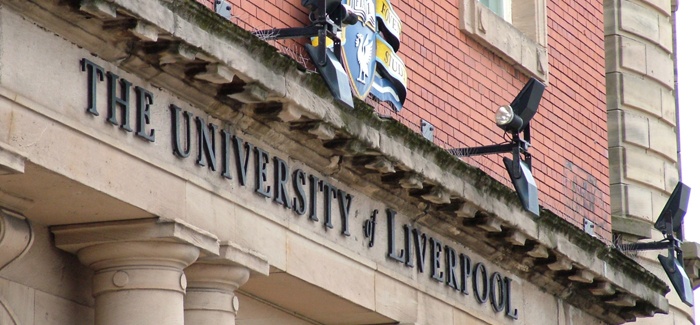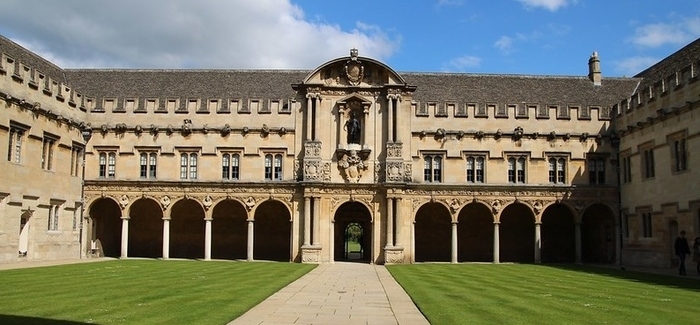This morning (August 14 2019) Labour’s education secretary, Angela Rayner, announced a new plan for the university application process, which would be put in place if Labour got into power “by the end of [their] first term in office”. Under the proposed new plan, students would only be able to apply for university after they had received their A level grades, to avoid giving any advantage to those from privileged backgrounds over those from underprivileged backgrounds. Rayner said that “radical change” was needed to counteract this.
How does the current system disadvantage students from less privileged backgrounds?
The current application system relies on universities giving students an offer based on their predicted grades. Labour argue that this is discriminatory for two reasons; firstly, they say, universities may predict grades that are lower than students’ actual grades will be, causing them to miss out on potential opportunities from universities that they otherwise would’ve applied for, or being rejected from universities due to low predicted grades not reaching the university’s entry requirements. Secondly, they suggest that universities may over predict, leading to students applying for universities with higher entry requirements.
How accurate are predicted grades really?
As with all predictions, there is likely to be at least some discrepancy. A 2011 study from the Department for Business Innovation and Skills backed this up, claiming that only 51.7 percent of predicted grades were accurate, with 6.6 percent under predicted, and 47.7 percent over predicted.
David Hughes, chief executive of the Association of Colleges, claims that this figure is much lower; “with only 16 percent of applicants achieving their predicted A-level grades, it is clear that pre-results applications are problematic."
We asked current students if their predicted grades were accurate, and whether or not this affected their university choices.
One student says, “I actually got higher than my predicted grades and could’ve applied for other unis if I’d known beforehand.” Another says, “I didn’t get into my first-choice university but that’s because I applied for one with much higher entry requirements than my predictions – my predicted grades were spot on.” In contrast, one student tells us “my predicted grades were higher but I didn’t get an offer from my first choice university because I didn’t pass the interview.”
So is this a good idea or not?
What do you think about this situation? When we asked a group of students their opinions on the subject, we got very mixed reactions.
It’s a good idea
Adam, a current history and international relations student, says that he agrees with Labour’s proposed idea, and says that he feels like the current system is “a bit of a gamble”, explaining “not knowing can make you more conservative in your choices – as in you aim lower to ensure you get in.” On the other hand, he adds “or the opposite can happen, where people are too confident, then don’t get their predicted grades and can’t get in.”
One hopeful student, Hattie, who is currently waiting to see whether she has got into the university of her choice, says, “I don’t think predicted grades are very accurate anyway, so applying afterwards saves you having false hope” adding that she didn’t think it would make much difference to the application system as “everyone applies all at once anyway.”
Not so much…
However, some strongly disagree with the idea. One student argues that “you might not reach out to unis with the higher grade boundaries who might accept you anyway. For example, I was predicted AAB and got ABC and still got accepted.”
Another student suggests that the proposed changes are unnecessary, stating, “you can already do that in clearing and adjustment” adding that “it could be useful if you’re taking a year out, because you have more time, but if you’re not taking a year out I just think it’d just be more stressful because of limited spaces.”
Recent chemistry graduate, Andy, raises an interesting point that “it would be a rush to interview” for universities under the proposed new system, adding “my interview before my final grades was a very important factor in getting to university.”
Aima, another recent graduate, says “I just think the window between applying and receiving offers would be too small and schools may not be able to give enough support throughout that time.”
What could happen instead?
Arguably, another solution to this problem would be to go back to the old system of taking into account AS level grades when applying for university. This used to be the case, where until 2017, students in the UK would take half of their A level in year 12 (AS level) and the other half in year 13 (A2 level) and universities would make their decisions based on this AS achieved grade and the predicted grade.
--
What do you think about this proposed plan? Have your say in the comments below.
Lead image: Crawley College (Flickr)


















